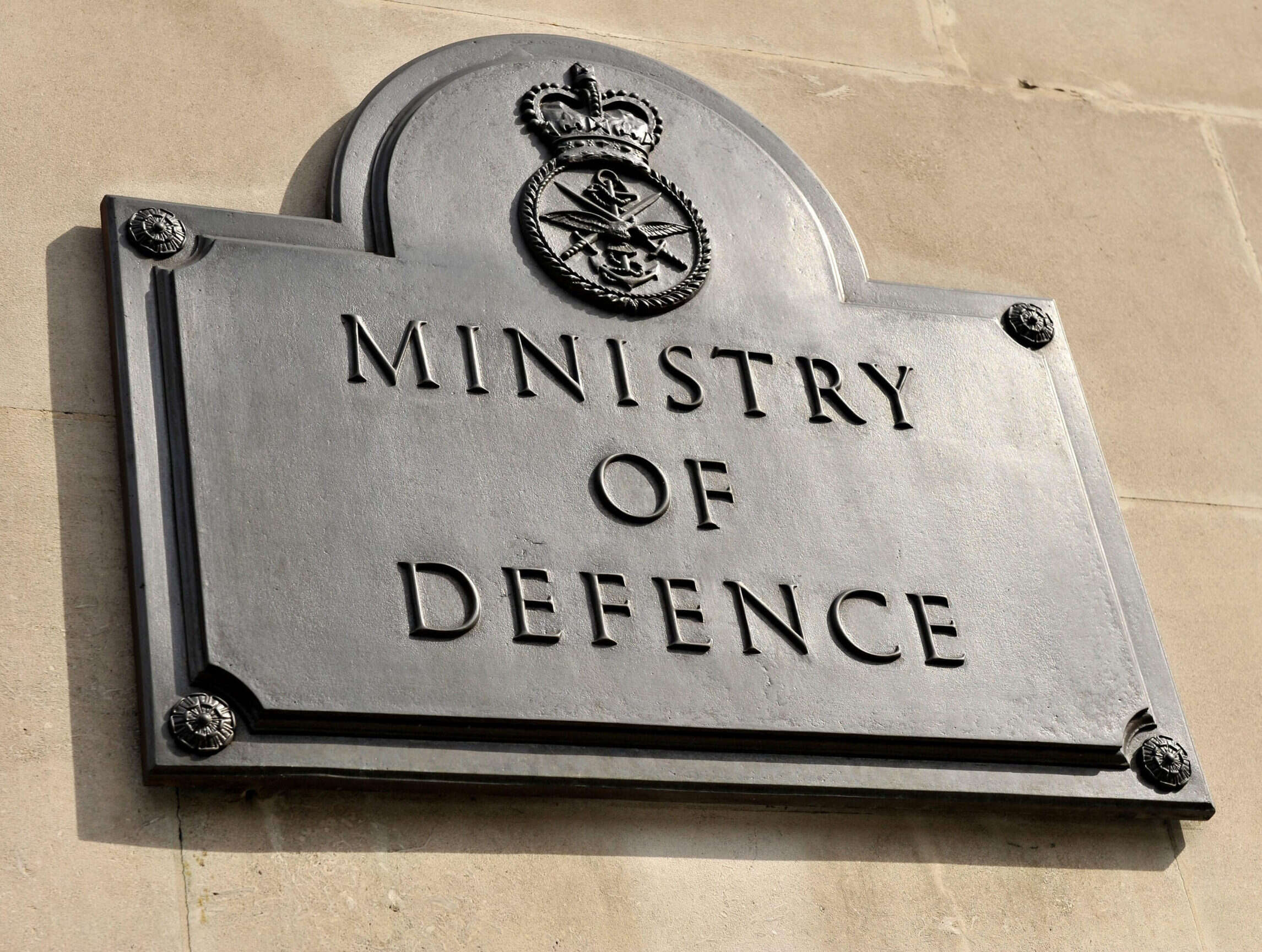
Lawyers have told the Ministry of Defence its decision to stop responding to enquiries from a foreign affairs news website could be a breach of Article 10 of the European Convention on Human Rights.
Law firm Leigh Day has written to the MoD asking for urgent clarification after a press officer reportedly told Declassified UK journalist Phil Miller: “My understanding from the office is that we no longer deal with your publication.”
The MoD has not provided any further information on whether this exclusion is official policy and, if it is, the reasons behind it since this conversation on 25 August.
But the Declassified team believe the position came in response to reporting on UK foreign policy with a critical stance.
Leigh Day said today a policy of “blacklisting” a news outlet in this way would be a “serious” breach of the freedom of expression rights under Article Ten of the ECHR which is incorporated into UK law through the Human Rights Act.
This right includes “freedom to hold opinions and to receive and impart information and ideas without interference by public authority and regardless of frontiers”.
In their letter, the lawyers said: “…it appears that the MoD has adopted a policy the effect of which is to exclude Declassified from the standard process of engagement between media outlets and the MoD, such that Declassified has effectively been blacklisted as an organisation to which the MoD will provide comment or responses in relation to journalistic inquiries.
“That is a matter of serious concern, particularly given the public interest nature of Declassified’s journalistic activities…”
Home Office minister Kit Malthouse told the Commons today, in response to the Extinction Rebellion protests that stopped newspapers being distributed: “A free press is the cornerstone of a British society.
“The freedom to publish without fear or favour, to inform the public, to scrutinise our institutions and to stimulate debate on events that affect each and every one of us is indispensable.”
Leigh Day said the MoD’s decision had been made in a “manifestly unfair” way as Declassified was not provided with any advance notice, explanation, or opportunity to make representations against the policy.
Declassified and Leigh Day also maintain the decision could be a breach of both the Civil Service Code, which says media officers must “deal with all news media even-handedly”, and the Government Communication Service Propriety Guidance, which says they should not act “in a way that unjustifiably favours or discriminates against particular individuals or interests”.
Leigh Day solicitor Tom Short said: “It is a matter of great concern that the MoD appears to seek to silence critical public interest journalism by blacklisting our client and excluding them from the normal comment and response process that all other journalists continue to be able to use.
“Our client’s concern that this policy stifles open journalism in retaliation for Declassified’s coverage of the UK’s role in the war in Yemen is compounded by the unfair process by which the MoD has implemented it.”
Since Press Gazette reported that Declassified editor Mark Curtis and his team were considering taking legal action last week, Index on Censorship filed a media freedom alert with the Council of Europe and condemnation has come from the Society of Editors and International Press Institute.
Curtis said: “We think our investigative work has been ground-breaking in informing the public about numerous government policies which other media have not covered. It raises serious questions if it is for this that the MoD is blacklisting Declassified.
“Ministers speak a lot about freedom of the media and the importance of holding governments to account. But our ability to do precisely this is being halted by a public body which seems to believe it can pick and choose to whom it provides information. This is unacceptable and a deterrent to critical journalism.”
Miller’s original inquiry was in relation to a story about a British soldier being investigated for protesting the war in Yemen.
The press officer involved told him that he “did not know too much about Declassified” and later asked: “What sort of angle are you taking about the war in Yemen?”
He then told Miller he was “not going to be able to send you anything today” and advised him to send a Freedom of Information request instead, according to the website’s account of events.
Picture: PA Wire/Tim Ireland
Email pged@pressgazette.co.uk to point out mistakes, provide story tips or send in a letter for publication on our "Letters Page" blog
